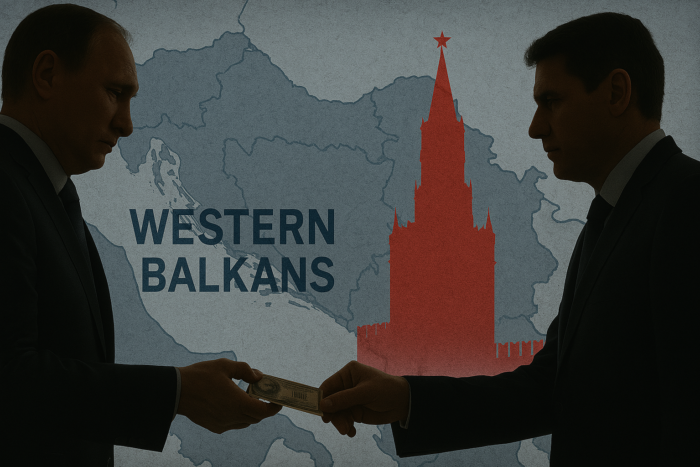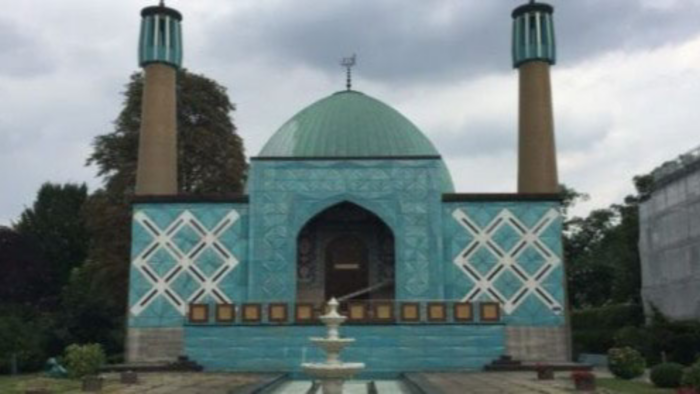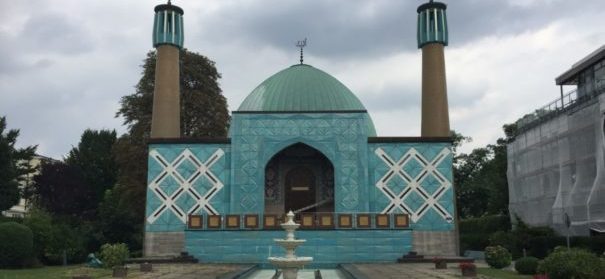On March 20, 2025, the Hamburger Abendblatt reported that nearly eight months after the ban on the Islamisches Zentrum Hamburg (IZH), deemed extremist by the German government, two of its affiliate organizations had failed in their emergency appeals before the Federal Administrative Court. The article begins:
Nearly eight months after the ban on the Islamisches Zentrum Hamburg (IZH), classified as extremist, two of its affiliate organizations have failed in their emergency appeals before the Federal Administrative Court. The Islamic Center Berlin and the Center for Islamic Culture Frankfurt had requested the Leipzig court to lift the ban on their associations as part of interim legal protection. They are two of the five affiliate organizations that the Federal Ministry of the Interior banned along with the IZH in July of the previous year. At that time, assets and properties were seized. Mosques like the Blue Mosque on the Outer Alster in Hamburg have been closed ever since… [Translated from German original]
Key Points:
- The Islamic Center Berlin and the Center for Islamic Culture Frankfurt failed in their emergency appeals to overturn the ban on their associations.
- These organizations were among five affiliates banned alongside the IZH in July of the previous year, with assets seized and mosques closed.
- The Federal Ministry of the Interior justified the ban, citing the IZH as a significant propaganda center for Iran in Europe, pursuing anti-constitutional goals.
- The court ruled that the organizations were substantially controlled by the IZH, despite their denials of being affiliates.
The Islamic Centre Hamburg (Islamisches Zentrum Hamburg, IZH), also known as the Blue Mosque, was a prominent Shiite Islamic institution in Germany, located in Hamburg’s Uhlenhorst district. Established in the late 1950s by Iranian expatriates, it became a spiritual and cultural hub for Shia Muslims in Europe, with its mosque completed in 1965. Over the decades, the IZH played a key role in fostering religious activities and political movements, including supporting Iranian dissidents during the 1970s. However, it faced increasing scrutiny from German authorities due to alleged ties with Iran’s regime and Hezbollah. The German domestic intelligence service monitored the IZH for decades, describing it as a major outpost of Iranian Islamism in Europe that sought to “export the Islamic revolution.” The center was also considered one of Iran’s most important propaganda hubs in Europe, with its former leader Mohammad Hadi Mofatteh reportedly acting as a representative of Iran’s Supreme Leader Ali Khamenei. Despite rejecting these claims, the IZH was banned in July 2024 for promoting extremism and antisemitism, leading to asset seizures and nationwide closures of associated mosques. Mofatteh was subsequently expelled from Germany in August 2024, marking the end of the center’s controversial presence.
Disclaimer: The GIOR utilizes AI to generate summaries of news items, including the introduction and the key points that follow. Any text following the key points is context added by GIOR editors. Please verify all information before using. Images are also AI-generated and are for illustrative purposes only—they are meant to represent the events or individuals concerned but should not be understood as “real world” photography.











